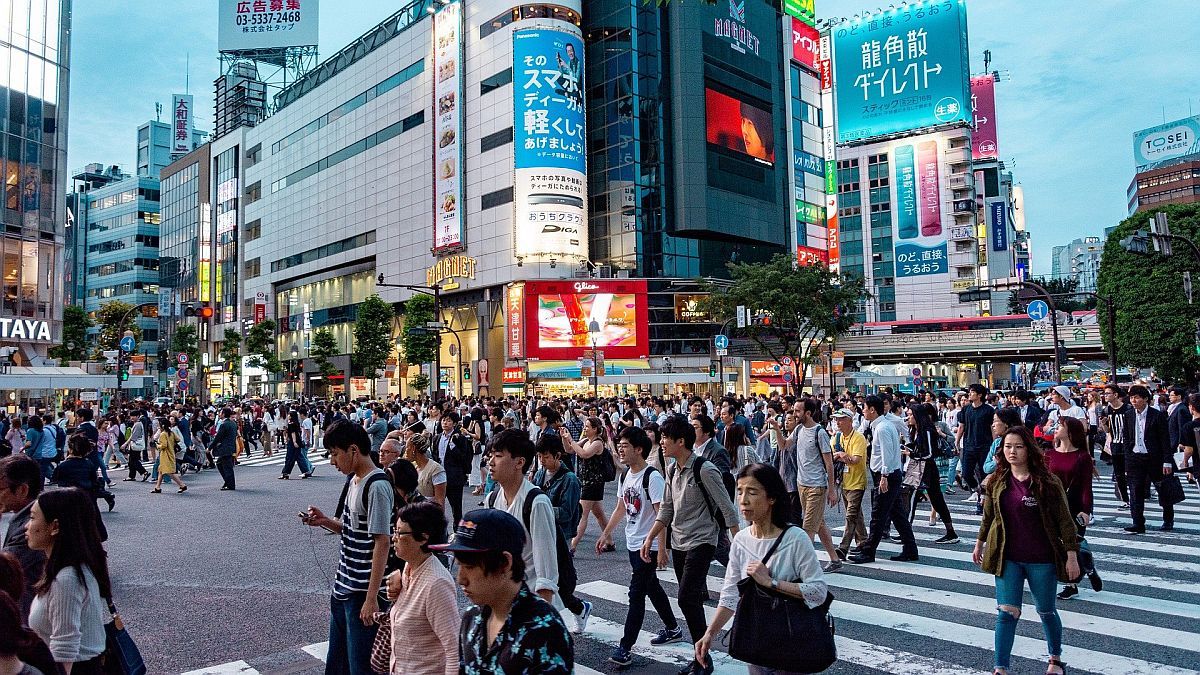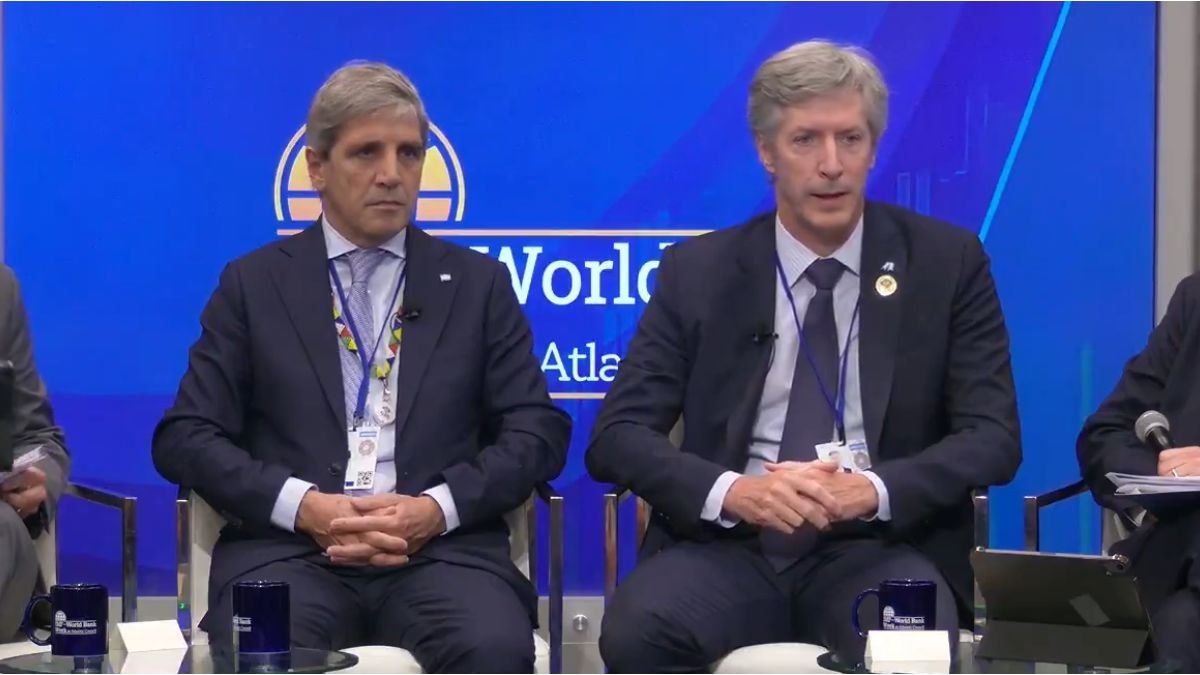The rise in wages is a welcome development among the Japanese: Japan is one of the few G7 economies where wages – measured in dollars – have been virtually stagnant for the past 30 years.
As of 2021, the average annual salary of a Japanese was $39,711, a difference of less than 5% compared to 1991.while, in countries like France and Germany, wages rose by about 34% in the same period, according to figures from the Organization for Economic Cooperation and Development (OECD).
During that stage, the inflation also remained low there were even years in which deflation was registeredwhich motivated -in addition to the low expansion of productivity and the aging of the population- that wages remained practically unchanged.
What made this equation change? hand in hand with the global rise in food and energy prices -on which Japan depends on imports-, Inflation in December marked 4% per year, a record in 41 years that opened the doors for companies to start reviewing salaries.
The Prime Minister himself, Fumio Kishida, expressly asked companies last month to raise wages, and to do so above the rate of priceswith the objective of reaching a higher real salary and an expansion of consumption in the country.
So far, real wages have increased marginally, with an increase of only 0.1% as of last December, and consumption has fallen 1.3% annually in real terms. “The increase in salaries is a positive development. Not only the bonuses but the gross salary is growing”said Tsuyoshi Ueno, chief economist at the NLI Research Institute.
Meanwhile, Ayako Fujita, Japan economist at JPMorgan, noted that “companies are increasingly trying to compensate employees for price increases.” One of them is the clothing company Uniqlo, which announced last month an increase in the annual salaries of its employees of up to 40%.
Likewise, the financial firm Nomura will increase its salaries next April above the 3% average of recent years, while the producer of video games and consoles Nintendo will raise them by 10%.
On the other hand, the rise in wages could also motivate the Bank of Japan (BoJ) to abandon its expansive monetary policy, for fear that they will translate into higher inflation. The market has been speculating for months with a change in the bank’s guidelines, especially when Haruhiko Kuroda, the current ruler of the central bank, ends his term next April.
At the end of this month, the Japanese government will nominate its candidate to replace Kuroda and, therefore, it will be known more clearly what line the monetary entity will follow.
In December, the BoJ surprisingly opened up the possibility for the yield on 10-year government bonds to rise to 0.50% instead of the 0.25% cap it had previously maintained.which specialists understood as a step prior to an increase in interest rates.
The market speculates that, with today’s data, the chances of the bank continuing to adjust the rate bands will increase. “If this robust wage growth continues, it will make it easier for the BoJ to reduce its monetary stimulus,” Ueno estimated.
The Bank of Japan estimates that inflation will fall in the coming months thanks to various government measures, such as fuel subsidies and a fifth reduction in electricity bills.
Source: Ambito




